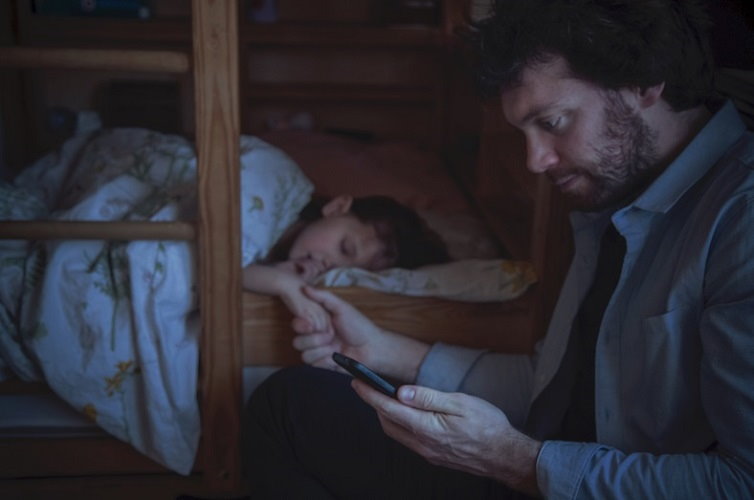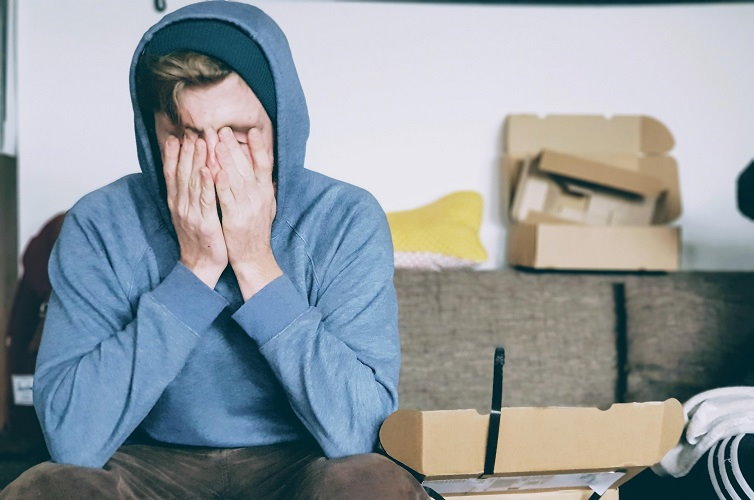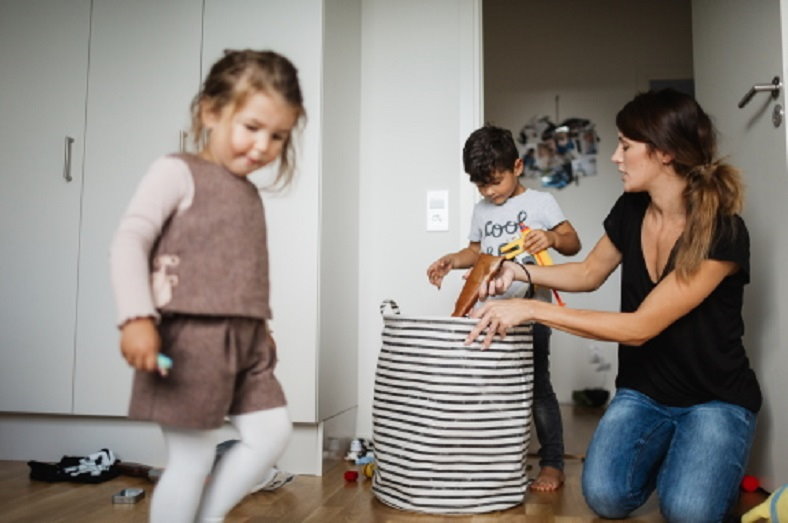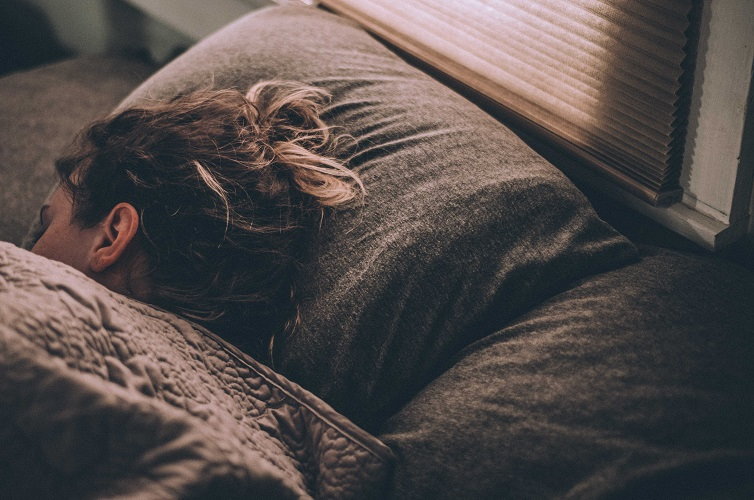
Less stress, better sleep

Foto: Unsplash
Publisert: 13.01.2020
Skrevet av:

- National Research (SHoT) reveals that no less than 1 in 3 students have symptoms of insomnia.
Sleep is important for all functions of the body. Whether you are a student or an athlete, sleep deprivation often leads to fatigue and reduced performance. Unfortunately, many students and adults struggle to get enough quality sleep every day. Maybe you are one of them.
If you feel that you are not getting enough sleep or not sleeping through the night, you may have too much stress in your everyday life. Students are more at risk of this because of their irregular lifestyle. They can see lack of sleep and relaxation as common part of student life.
To solve this problem, you must be aware that lack of sleep causes stress, and stress leads to lack of sleep. It goes both ways, according to Maria Hrozanova. She is a PhD fellow who specialises in the link between stress and sleep in athletes. Stress is often both a cause and a result of sleep problems.
- Don’t accept poor quality of sleep, says Hrozanova.
Hrozanova has first-hand experience of what it means to sleep poorly. She describes herself as sensitive to stress and has had trouble falling asleep due to thoughts about the past and tension in her body. After falling asleep, she woke up very often because of lively nightmares. But with the help of knowledge from her research, experience, and therapy, she now rarely suffers from these problems.
Common signs of sleep problems
Experiencing one or more of these signs daily could mean you have one or more sleep problems caused by stress:
1. You still feel tired 30 minutes after waking up.
2. You need many cups of coffee during the day to work.
3. You use -or even need- alcohol to fall asleep.
4. Your body is very tense during and after sleep.
5. You wake up often or prematurely and find it difficult to fall asleep again.
6. You have 'brain fog' during the day, which means you cannot think clearly.
7. You are irritable and easily annoyed by other people.
- It is perfectly normal if you have trouble sleeping before stressful events, such as an exam or a presentation. That’s just your body responding to temporary stress, Hrozanova explains.
Three types of sleep problems
If you think you have a sleep problem, it is important to understand what type of sleep problem you have. Generally, there are three types and it is not uncommon to experience several of them at once:
1. Problems falling asleep. This may be because you cannot stop thinking, worrying, or feeling anxious, or you are throwing and turning in bed or having negative thoughts.
2. Problems with sleeping. When you wake up often at night and can't sleep soundly. You are often aware of yourself, or half asleep for long periods of time.
3. You wake up early and cannot go back to sleep again.
Frankly speaking…
The real problem is that we tell ourselves that we feel 'fine' even if we have too little sleep or too much stress. The danger is that "a little tired" and "a little stressed" become normal, instead of warning signals.
- We are not always honest with ourselves about how we really feel during the day, says Hrozanova.
Finding the source of your stress is the best start to solving your sleep problems. Constant stress and sleep problems are bad for your overall well-being and can lead to a negative spiral of problems.
What you can do
Start by asking yourself one question: what do I feel right now? Ask yourself after waking up, several times during the day, and before you fall asleep. Be honest with yourself. Do you feel stressed or tired? Your feelings are the most important source of information.
The next step is to address any negative feelings you may find. Do you think you feel stressed or tired too often? What is the source of your stress? Can you solve these sources or handle them better?
Improving how you feel during the day will improve how you sleep at night, and vice versa.
Cope can help you
If you think you may be suffering from sleep or stress problems and you would like professional help to solve them, Cope's psychologists can help you find possible sources of stress in your life and deal with them. We are here for you.



